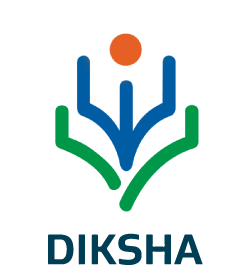Peeragogy: A Nascent Approach of Digital Age
Keywords:
Paragogy, peeragogy, pedagogy, andragogy, heutagogy, connectivism, peer- learningAbstract
The advancement of technology has motivated and empowered learners all over the world to connect and collaborate with other learners to co-construct knowledge and co learn. These connections among peers have made it possible for the learners to self-direct their learning process by creating, delivering learning and teaching together an agreed curriculum. Peeragogy is one such approach for learning and knowledge production with the help of peers through reflection, critical thinking and thoughtful discussions. It is a collaborative strategy that has its foundation in the behaviourism, cognitivism, constructivism and connectivism theories of learning. Peeragogical interactions among a group of people or community with similar interests called “paragogues” lead to online exchange of ideas in order to influence one another’s perceptions and also help in building digital skills and social skills. This paper focuses on the newest educational approach, i.e., Peeragogy, which accentuates self-regulated student-centred learning and focuses on collaborative learning through online networks. It also highlights the difference between pedagogy, andragogy, heutagogy and peeragogy. Designing peeragogy’s learning activities based on the tenets of peeragogy and the role of a peeragogue is also discussed in this paper to exhibit how this potential approach of learning can assist students in gaining the knowledge and skills necessary to thrive in the twenty-first century by employing digital media to connect, co-construct, and co-learn.








